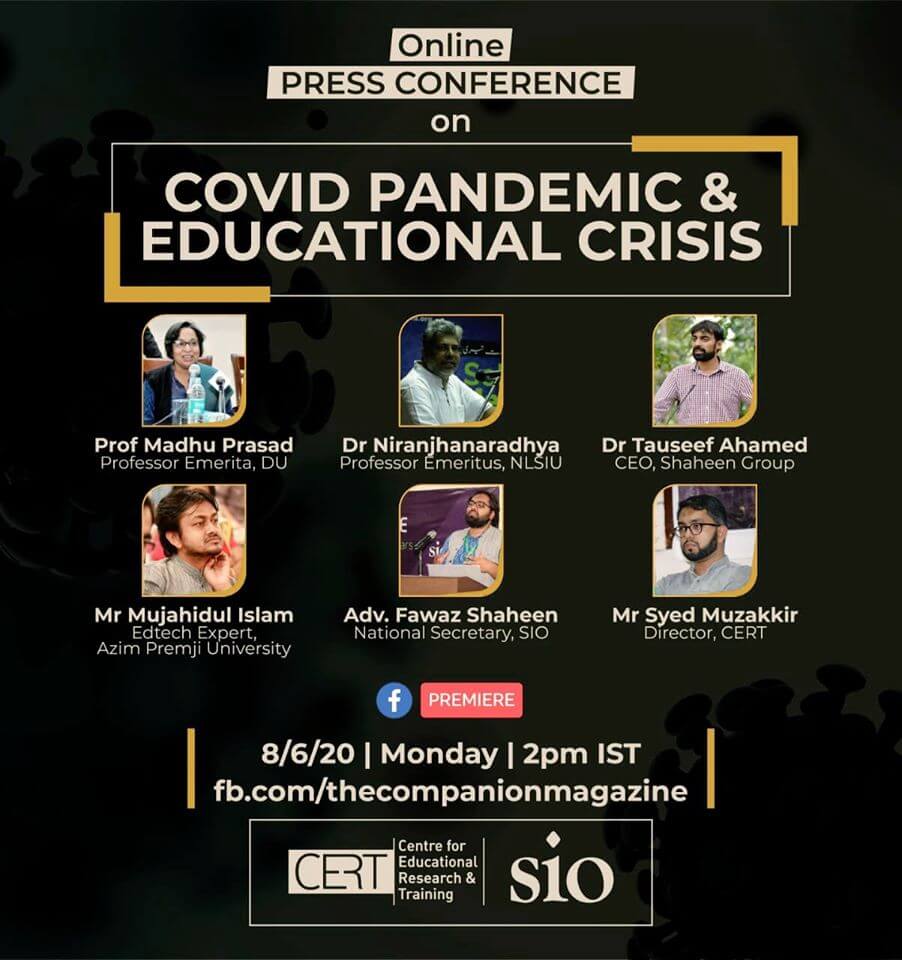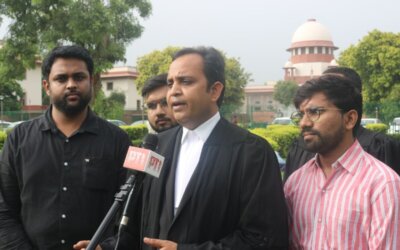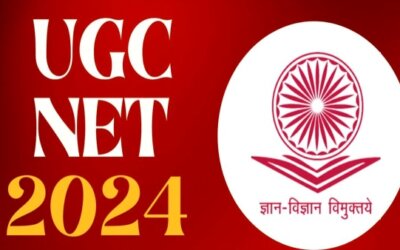New Delhi: In an online press conference on the ‘Covid Pandemic and Education Crisis’ organised today by the Centre for Educational Research and Training (CERT) in collaboration with the Students Islamic Organisation (SIO), educationists and activists questioned the government’s push for e-learning and online examinations, and made important recommendations for strengthening the education system and making it more inclusive.
The meeting was opened by Fawaz Shaheen, National Secretary, SIO of India, who laid out the issues relating to the government’s response to the education crisis brought on by the pandemic. He also highlighted examples of the government’s continuous watering down of measures geared to improve inclusiveness in education, such as a denial of OBC reservations in NEET and the sheer negligence shown to Maulana Azad National Fellowship for research scholars coming from minority communities.
Professor Madhu Prasad, Professor Emerita, DU, said that for an education system which has been in crisis for 4 decades, examinations have become the only basis of measuring the system, and therefore the government’s main priority in this pandemic has not been student’s learning but examinations. Highlighting that only 8% of India’s families with children between the ages of 3-24 own e-learning devices, she called the government’s e-learning push a “sugar-coated pill” that is “not an honest policy”. She also said that a majority of those without access to technology disproportionately belong to SC, ST and other marginalised communities, and therefore privileging e-learning and online examinations effectively amount to technological exclusion.
Dr Tauseef Ahamed, CEO of Shaheen Group of Institutions, while reiterating the challenges of e-learning in a country like India, stressed that reopening of schools at this time could be extremely dangerous and schools should remain closed for the safety of students for the time being as the number of cases are still rising daily. He further said that the government must think of immediate interventions for children of migrant workers who have been disconnected from their schools, and risk being pushed towards child labour. He also highlighted that improper implementation of RTE had allowed state governments to systematically defund government schools and divert money to private schools, and we are seeing its results today in the complete breakdown of public education.
Mujahidul Islam, an education technology expert with the Azim Premji University called the RTE a Trojan Horse for commercialization of education but said that merely talking about RTE was not enough and there needs to be a fundamental rethink of our educational ideology. On the government’s push for e-learning technologies, he said that the issue was not of rejecting technology but adopting the appropriate technology. Instead of a universal push for any one kind of solution, local communities must be encouraged to adopt whatever technologies suit their needs for education. He cited community radio as an example of one among many technological solutions that could be explored at a community level, instead of pushing for adoption of online classes and examinations at the national level.
The concluding remarks were made by Syed Ahmed Muzakkir, Director, CERT. He stressed the importance of government spending on education in infrastructure, research and innovation. The issues of accessibility, equity and quality all directly are related to government spending, he said. If the government is really serious about transforming the future of the nation, then it must substantially invest in the education system, to the tune of 6-7 per cent of GDP instead of a paltry 0.45 per cent of GDP as it currently is, he added. On the issue of examination, he said that we need to move towards comprehensive and continuous evaluation instead of the outdated semester/end of year examination system currently in practice. The current lockdown is a good opportunity to change the system, he reiterated. Another issue that needs rethinking is that of centralized entrance examinations such as NEET. He argued that India is a federal country and respecting the federal structure of the union, a policy on a national framework for the standardization of entrance criteria, along with states’ prerogative for conducting and evaluating must be framed






0 Comments